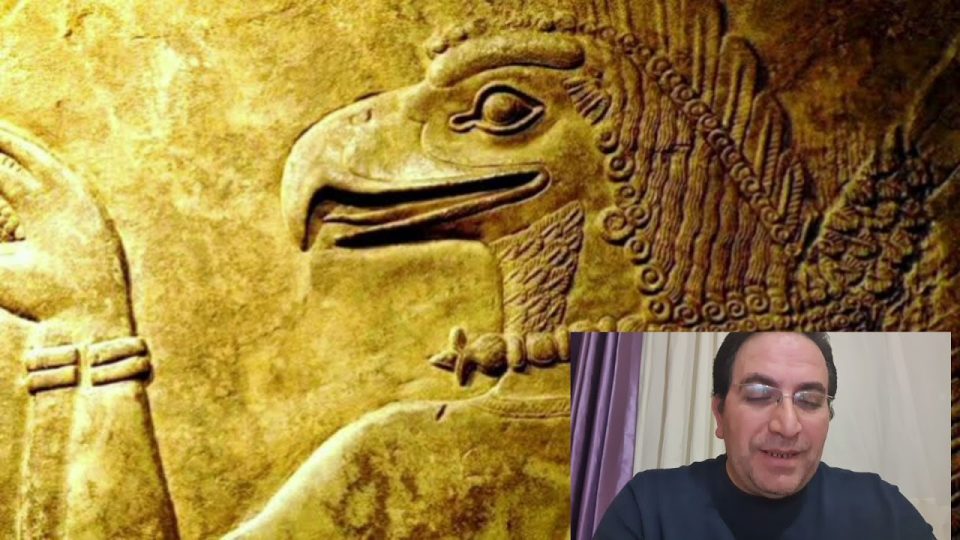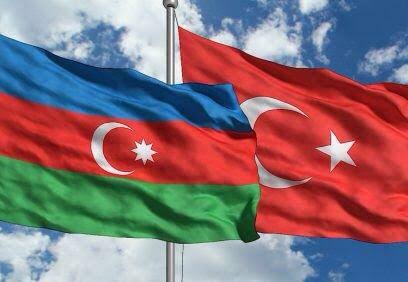1 – Political Islam: A Critical Reader: Edited by Frederic Volpi, 2011. This book presents a collection of essays written by leading scholars on Political Islam, examining the concept, theories, and practices of Political Islam in the Middle East. The book addresses various themes, including the historical evolution of Political Islam, the relationship between Political Islam and democracy, the role of Political Islam in the modern state, and its relationship with gender and human rights.
2 – The Struggle for Democracy in the Middle East: Joshua Stacher, 2019. The book provides an overview of the political developments in the Middle East over the past decade. The author argues that the uprisings of 2011 represented a fundamental shift in the region’s political landscape, and the struggle for democracy continues to shape the region’s future. The book covers case studies from Tunisia, Egypt, Yemen, and Syria, and examines the role of civil society and external actors in the democratic transition.
3 – The Modern Middle East: James Gelvin, 2011. This book offers a comprehensive overview of the political, social, and economic history of the Middle East from the Ottoman Empire to the present. The book covers the emergence of the modern state system, the impact of colonialism, and the rise of nationalism and anti-colonialism. It also examines the impact of oil on the region, the Arab-Israeli conflict, and the rise of political Islam.
4 – Authoritarianism in the Middle East: Marsha Pripstein Posusney and Michele Penner Angrist, 2005. This book examines the political, economic, and social dynamics of authoritarianism in the Middle East. The authors argue that authoritarianism in the region is a complex phenomenon that cannot be explained by simple theories of political repression. The book covers case studies from Egypt, Jordan, Morocco, and Tunisia, and examines the role of external actors in the maintenance of authoritarian regimes.
5 – Iran: A Modern History: Abbas Amanat, 2017. This book provides a comprehensive history of Iran from the Safavid Empire to the present. The author examines the political, economic, and social developments of the country and how they have shaped Iran’s contemporary political landscape. The book covers topics such as the Constitutional Revolution of 1906, the Islamic Revolution of 1979, and Iran’s relationship with the United States.
6 – The Arab Uprisings: What Everyone Needs to Know: James L. Gelvin, 2012. This book provides an accessible introduction to the Arab uprisings of 2011. The author examines the causes, consequences, and implications of the uprisings, and provides a nuanced understanding of the complexities of the events. The book also covers case studies from Tunisia, Egypt, Libya, Syria, and Yemen.
7 – The Ottoman Empire: A Short History: Suraiya Faroqhi, 2009. This book provides a concise history of the Ottoman Empire from its founding to its collapse. The author examines the political, economic, and social developments of the empire and how they shaped the Middle East. The book covers topics such as the rise of the Ottoman state, the reforms of the Tanzimat period, and the impact of the First World War on the Ottoman Empire.
8 – State, Power and Politics in the Making of the Modern Middle East: Roger Owen, 2012. This book provides an overview of the political history of the Middle East from the 18th century to the present. The author examines the various political systems that have existed in the region and how they have been shaped by external and internal factors. The book covers topics such as the impact of colonialism on the region, the emergence of the modern state system, and the rise of political Islam.
9 – A History of the Middle East: Peter Mansfield, 2013. This book provides a comprehensive history of the Middle East from ancient times to the present. The author examines the political, economic, and social developments of the region and how they have been shaped by external and internal factors. The book covers topics such as the rise of Islam, the Ottoman Empire, European imperialism, and the Arab-Israeli conflict.
10 – Islam and Democracy in the Middle East: Larry Diamond, 2014. This book examines the relationship between Islam and democracy in the Middle East. The author argues that while the two are not incompatible, the region faces unique challenges to the development of democracy due to a history of authoritarianism, weak civil society, and the role of external actors. The book covers case studies from Tunisia, Turkey, and Iran, and examines the prospects for democracy in the region.












